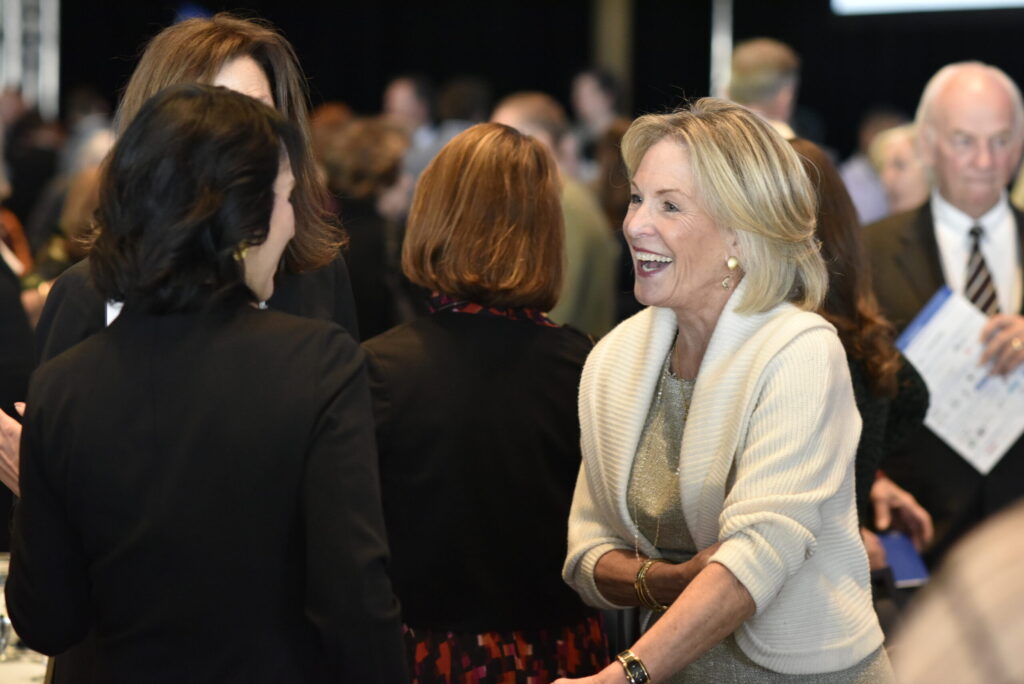Parties hint of negotiations to remove Colorado property tax initiatives from November ballot
Two initiatives designed to reduce property taxes for Coloradans might not appear on the November ballot if lawmakers and advocates succeed in negotiating the terms for a rare special legislative session that would tackle soaring valuations.
Lawmakers and political advocates hinted at discussions to halt Proposition 108 and its companion measure, Proposition 50, in exchange for a special session on property taxes and local government revenue. Proposition 50 already qualified for the ballot, while election officials have yet to conclude whether Proposition 108 also turned in enough signatures. Proponents are confident it would make the ballot.
That special session would have to happen quickly, as the deadline to remove the propositions from the ballot is Sept. 6.
Teller County Commissioner Robert Campbell confirmed that Colorado Counties Inc.(CCI) convened a special meeting on Friday, at which 64 of the 66 attendees expressed their support of a CCI-penned letter be sent to state Capitol leaders that a special legislative session be convened. The letter has yet to be sent.
In that 80-minute meeting, Campbell, who also chairs CCI’s Tax and Finance Legislative Steering Committee, said the group’s support would be contingent upon meeting some very specific terms.
“The qualifiers that everybody agreed to would be that the special session be limited in scope to just this property tax deal, Mr. (Michael) Fields making a public statement that he would withdraw and that this wouldn’t be just a six-month fix and only (for Fields) to come back and do another initiative right away because part of this is counties have to be able to plan,” Campbell said.
“We have to have some dependability in our system,” he added.
The two ballot measures are sponsored by Advance Colorado, which is led by Michael Fields, the organization’s president.
El Paso Commissioner Carrier Geitner was also on that call.
Geitner, an El Paso County Republican, said in an email that while she was not sure of how many people were on the CCI call, “only two voiced opposition to writing a letter to support a negotiated compromise, possibly including a special session.”
“We were in agreement that the letter should urge the governor, should he call a special session, to make the call very limited and to only address the property tax issue,” Geitner said.
Geitner also confirmed that Fields was on the Friday call. In fact, she said she suggested the group invite him to join.
“He logged on to the Zoom link to immediately address questions. He verified that the negotiation was, indeed, taking place and that a special session was necessary for the compromise to happen.”
Colorado Politics asked Gov. Jared Polis’ office about the discussions and the potential for a special session.
“Governor Polis is having conversations with all parties about how we can further reduce property taxes, decrease risk, build on the major tax cuts of the last two years, and continue saving people money on property taxes without undermining Colorado’s future,” gubernatorial spokesperson Shelby Wieman said in an email statement on Sunday.
Although the Colorado Constitution grants the governor authority to convene a special session, the General Assembly may call one if two-thirds of each chamber requests it in writing.
This means that at least 44 of the 65 representatives and 24 of 35 senators must agree on the subject to be addressed and notify the the House speaker and Senate president.
House Speaker Julie McCluskie, D-Dillion, has not responded to Colorado Politics’ request for comment.
Sources said the proposed negotiation stems from fears that passing the ballot initiatives together would be “devastating” to the state and even more so to local government. Proponents of the two initiatives have argued that the solutions adopted by lawmakers and the governor offer insufficient relief to residents and that a more meaningful fix is warranted.
Also backed by Colorado Concern, Proposition 108 seeks to reduce assessment rates to 5.7% for residential properties and 24% for commercial properties. Proposition 50, a constitutional amendment, would cap tax revenue growth to 4% and require voter approval for local government to retain dollars above the limit.
In Colorado, there is no state property tax. Only local governments — such as counties, school districts, cities, towns, and special districts — may impose and collect property taxes. The revenue funds school operations and local services, such as road maintenance, police departments, fire protection, water and sewer infrastructure, parks and libraries.
“In the last days of the legislative session that ended in May, we had the unprecedented passage of SB24-233, which was a bipartisan agreement to lower property taxes while at the same time, protect the state budget,” said Sen. Barbara Kirkmeyer, R-Larimer. “Over the last several weeks, we have managed to find a way to expand on that historic compromise and further lower property taxes for both homeowners and businesses, while preserving local government services and ensuring services we care about at the state level will continue.”
Kirkmeyer added that getting local governments and the proponents of Initiative 108 and 50 to agree to this compromise is “no small feat.”
“My hope is Democrats come ready to work in the month of August so we can codify this landmark agreement and give the people of Colorado the property tax relief they deserve,” she said.
“Polling shows that the property tax issue is top of mind across our state,” Fields wrote in a May 16 editorial for the Denver Gazette. “This is why voters will embrace a substantial, reasonable, and responsible reform plan that permanently cuts taxes, caps revenue growth, and protects local services, preferring this path over a weaker imitation.”
Fields said the government should not grow faster than taxpayers’ wages.
“Our goal has always been real property tax relief for homeowners and businesses,” Fields said. “The legislature still has a narrow window to do that. But if they don’t, we will be going full steam ahead with both measures.”











